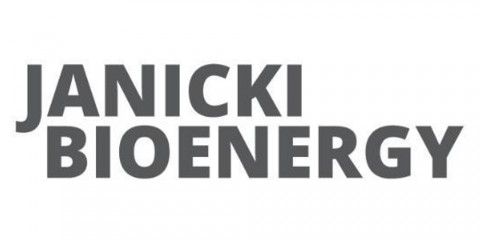Purpose
The Omni Processor is on its way to revolutionizing the waste processing industry because of its unique and efficient way of combining three industry standard processes
Activities
The Omni Processor is on its way to revolutionizing the waste processing industry because of its unique and efficient way of combining the following three industry standard processes:
SOLID FUEL COMBUSTION — It starts with Solid Fuel Combustion. Biosolids or other wet waste streams enter a dryer where the moisture is evaporated. The dried, solid waste is now a fuel that proceeds to a fire where it is burned in a very controlled fashion, reducing the solids to a dry fly ash. The exhaust from the fire is conditioned and filtered to meet strict regulatory emission standards before it is released to the environment. As a stand-alone process, this successfully processes the waste stream, but is extremely energy intensive.
STEAM POWER GENERATION — To improve the process efficiency, the Omni Processer then combines Steam Power Generation in the mix. The heat that is generated by the controlled fire heats water in the boiler pipes to create steam. This steam is fed to a steam engine, which runs a generator to produce electricity. This electricity is then used to power the whole Omni Processor AND produces surplus electricity that can be sold or used for other processes. The exhaust, or waste heat from the engine—in the form of steam—travels back to the dryer where it provides the energy required for drying the incoming wet waste. At that point, it is condensed back to water and is pumped back to the boiler to repeat the cycle. These two processes together provide a self-sustainable processing solution, but there’s still more.
WATER TREATMENT — The third process is Water Treatment, which completes the system. The moisture that is leaving the dryer from the wet waste stream is in the form of steam. This steam goes through a series of filters and is then condensed, distilling the water. If desired, this water can then be treated all the way to clean drinking water standards, or be used for other recycled or reuse water applications. Useful heat can also be captured from the condenser to be used for a variety of purposes.
Countries of activity
Location of main activity
Further information
A pilot plant was installed in Dakar, Senegal in 2014 and has been operating at that location ever since.
Last updated: May 2017
Filter tags
Bill & Melinda Gates Foundation Energy: electricity, hydrogen, fuel cells Faecal sludge treatment processes Fundamental research and engineering Operation, maintenance and sustainable services Private sector, including social enterprises Product design and engineering Resource recovery Specific to one or several countries Sub-Saharan Africa Treatment of faecal sludge Water (irrigation, process, other)
Links

Uploaded by:
Elisabeth von Muench (Elisabeth)














